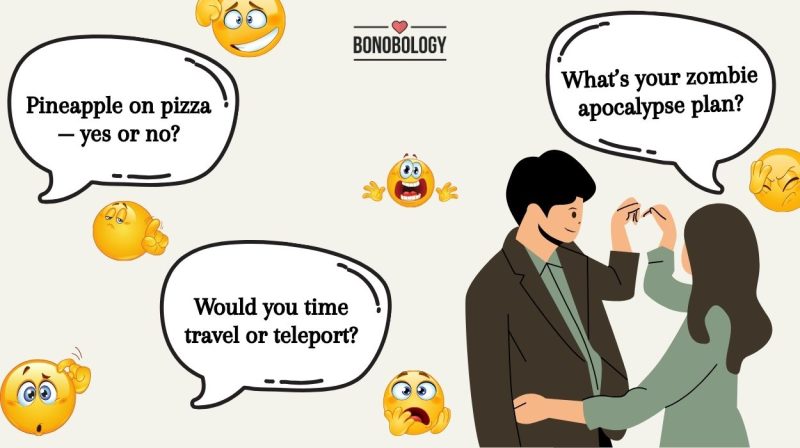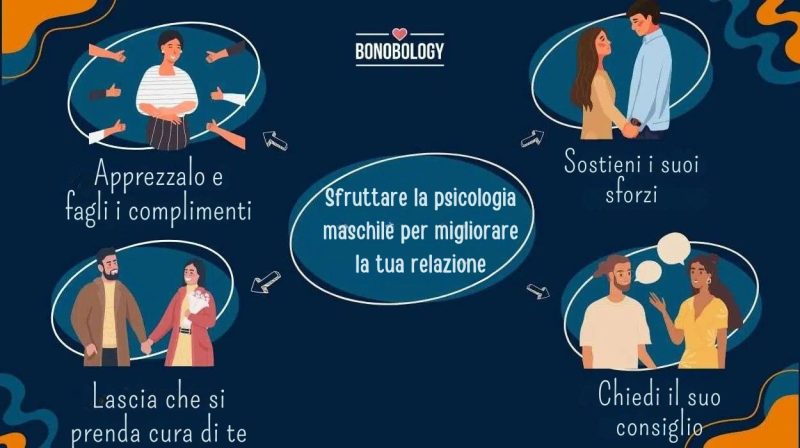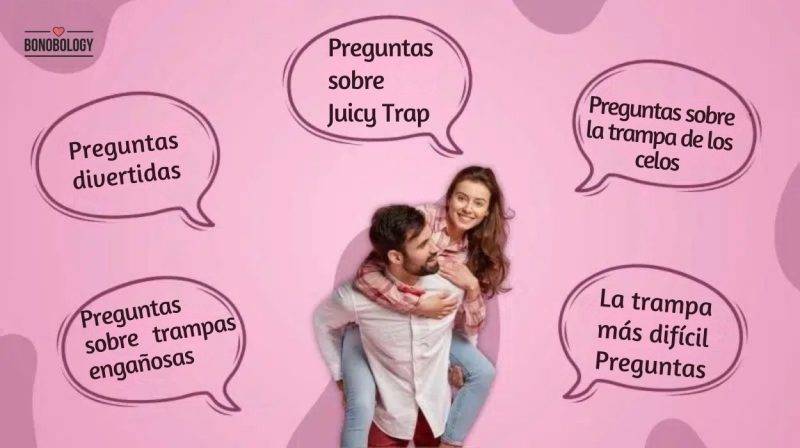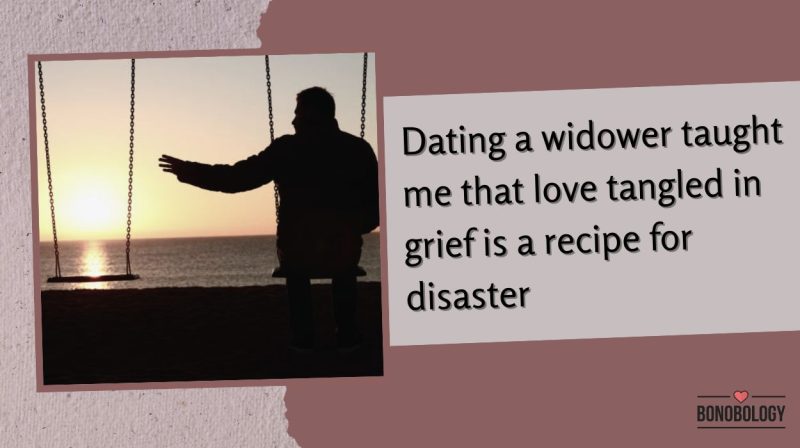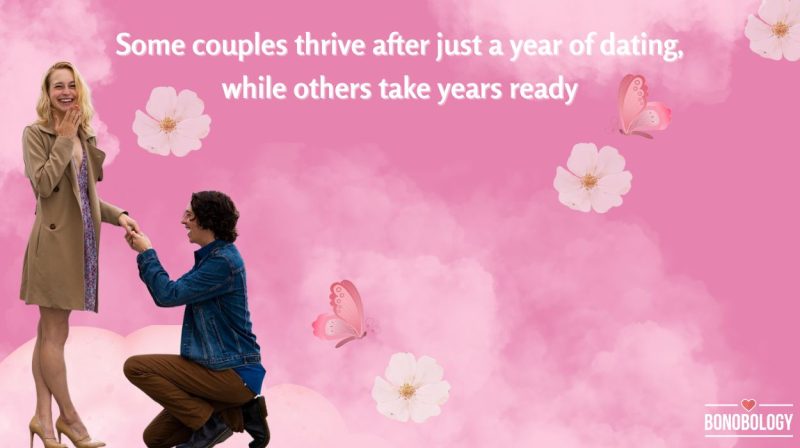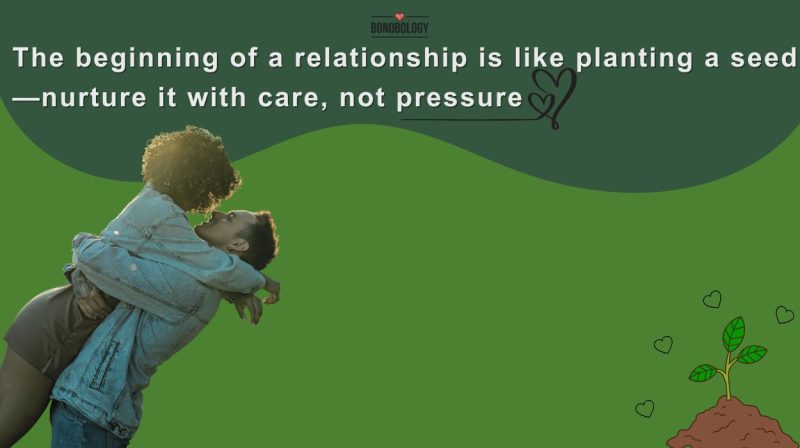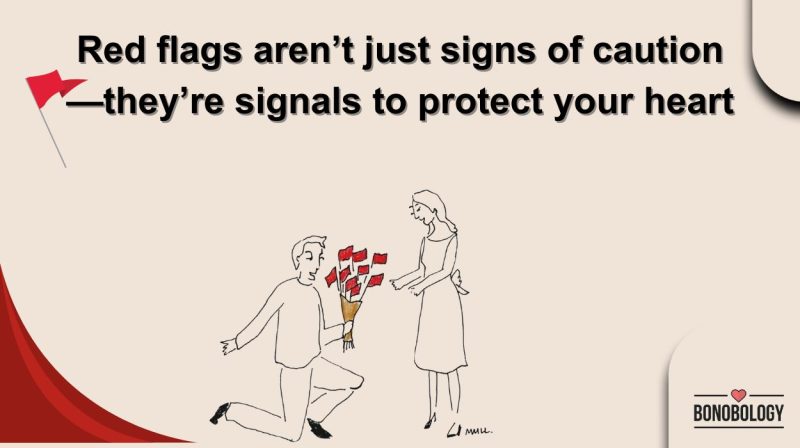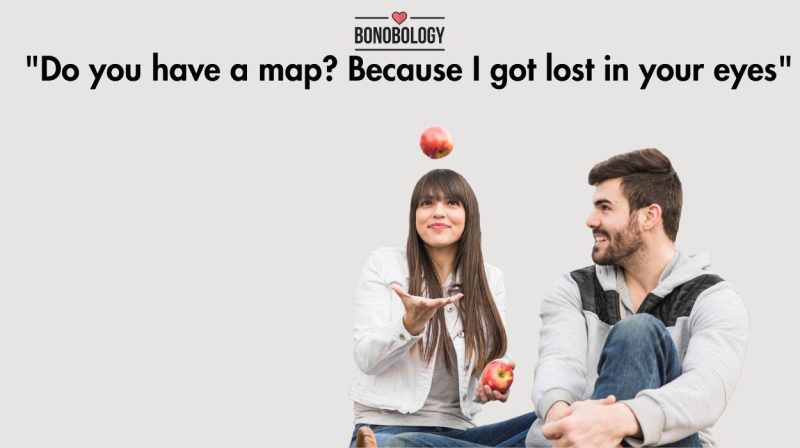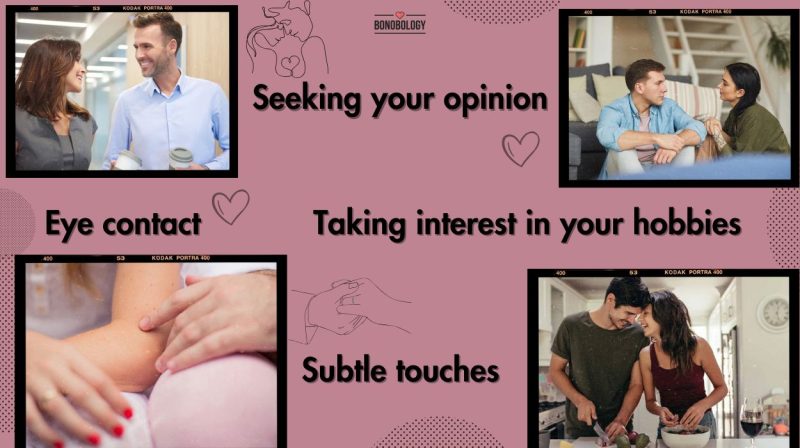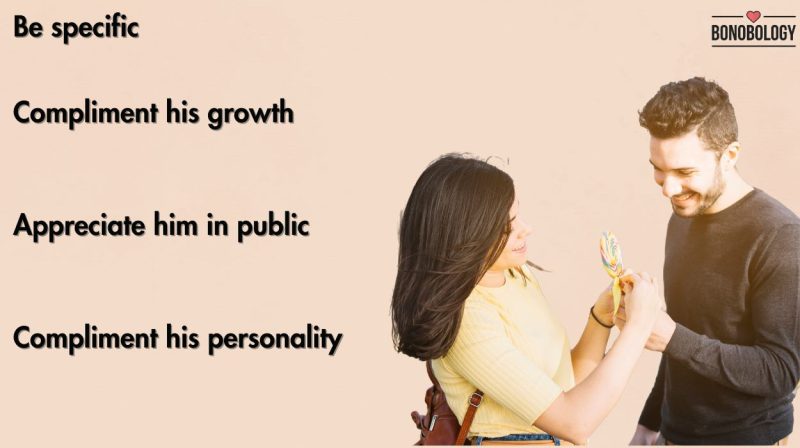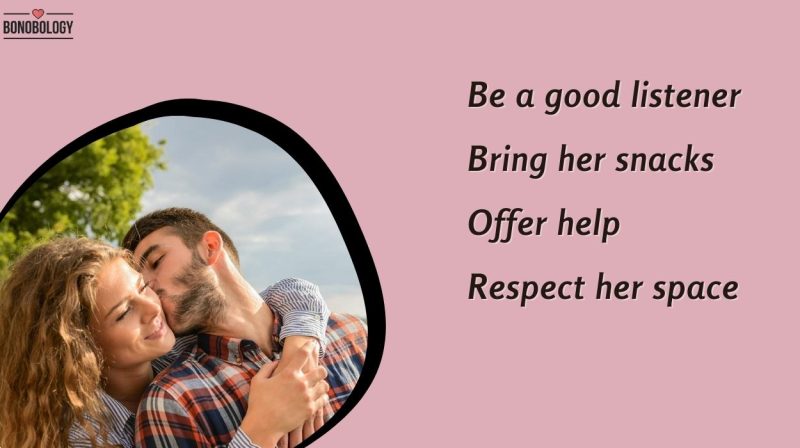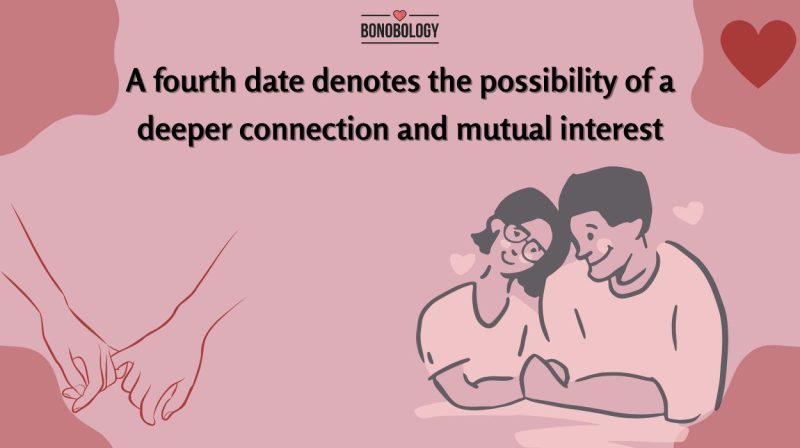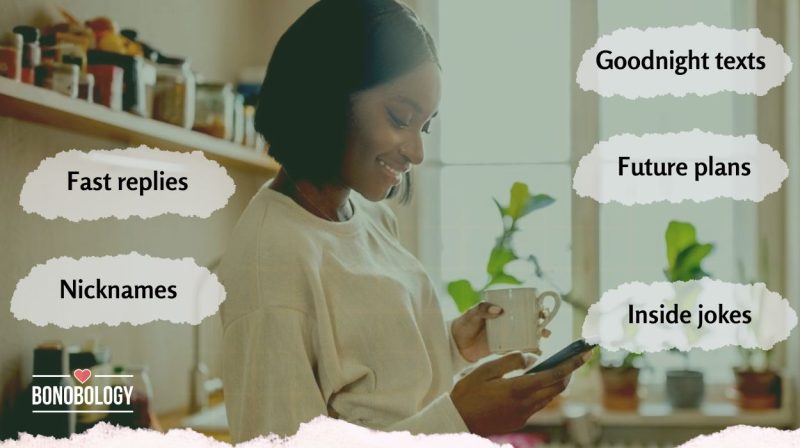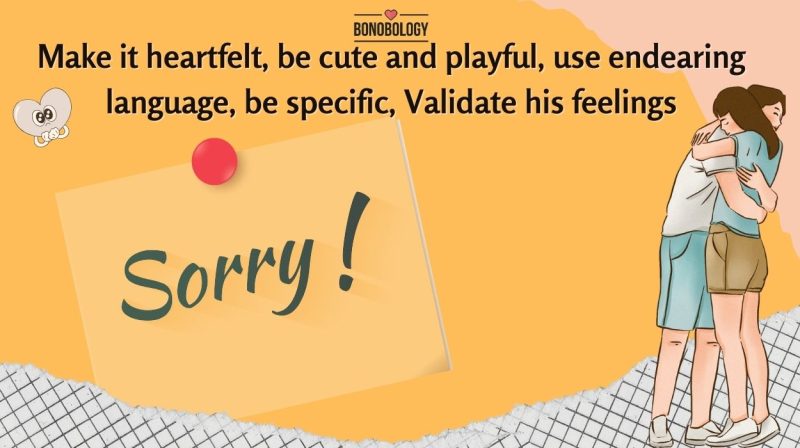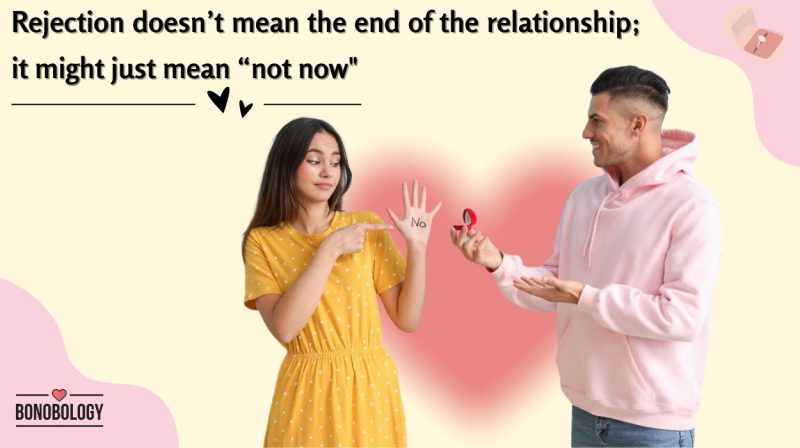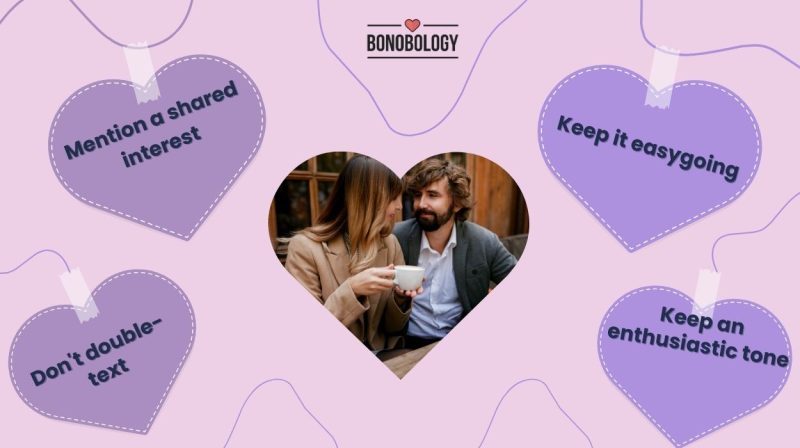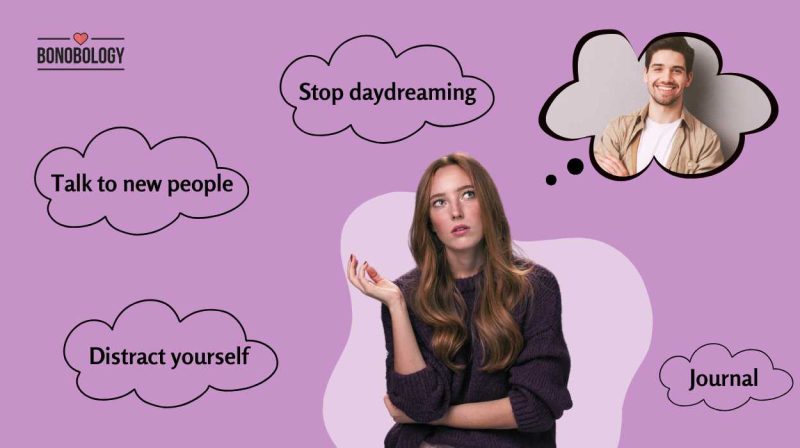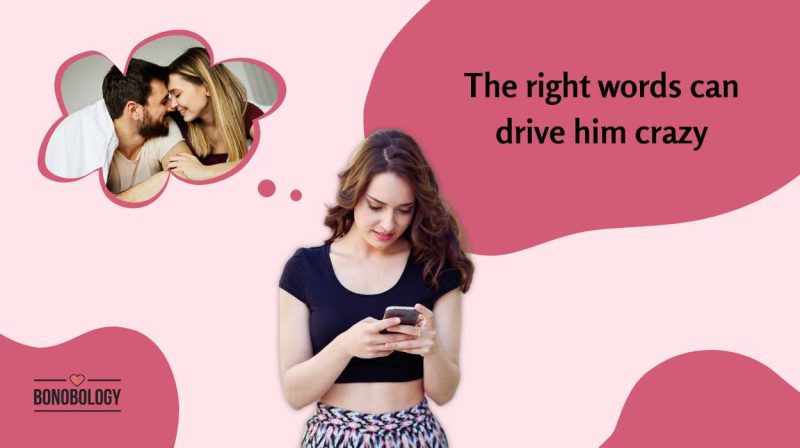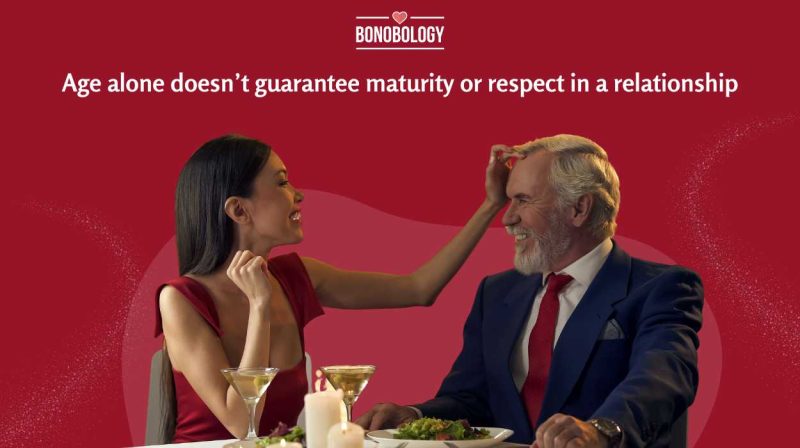Tom and Jerry were simply the cutest, weren’t they? Tom would run behind Jerry with a frying pan one moment, and feel sad a few seconds later when he thought Jerry died. Their love-hate relationship was equal parts comic, and equal parts wholesome. But then again…Tom and Jerry were cartoons.
If you, a full-grown adult, take pride in a relationship which oscillates between extremes, then this piece is a must-read for you. Romanticizing love-hate relationships has really gotten out of hand. There are so many books and films which glorify the ‘enemies to lovers’ trope; everyone wants to have a sizzling connection where the partners are arguing initially, and then suddenly making out on a countertop.
Love-hate relationship movies like Clueless, and 10 Things I Hate About You have painted a very pretty picture. The truth though, is that fantasizing about such scenarios, or striving towards them is quite inadvisable.
It’s time we discussed the numerous facets of a love-hate relationship. If you are someone who is confused about the nature of their relationship, worry no more. I’m here to give you the clarity you badly need, and a few reality checks as a bonus. But this is not a one-woman job…
I have with me Shazia Saleem (Masters in Psychology), who specializes in separation and divorce counselling. She’s here to help us untangle the dynamics of a love-hate relationship and answer the many questions you may have. So, let’s get cracking!
What Is A Love-Hate Relationship?
Table of Contents
The million-dollar question. So many people are actually IN love-hate relationships without realizing the same. For a term that’s thrown around so much, not many people know what a love-hate relationship really is. And it seems very self-explanatory too – so what’s the ballyhoo about?
A love-hate relationship is one where two partners alternate between fiery love and cold hate. They are all mushy for a whole week, your typical sappy couple; and when you see one of them next, they inform you that the relationship is over – that it ended on the most horrible terms imaginable. Remember the song Hot and Cold by Katy Perry? That. Precisely, that.
Keeping a track of this relationship’s trajectory is equivalent to advanced trigonometry. Who said what to whom and why? Are they in an on-again off-again cycle? And why can’t they just make a decision once and for all?! Complicated, unpredictable, and intense, a love-hate relationship is quite taxing to be in.
Shazia explains, “Love and hate are two extreme emotions. And they’re polar opposites. In general, when we operate on our emotions, we override reason. Thinking straight becomes all the more difficult when you’re functioning on love or hate. It’s emotionally draining, very conflicting, and most of all uncertain. The direction where you’re headed is unclear.”
The co-existence of love and hate is always tricky, because things are constantly volatile. Michael (name changed to protect identity) from Denver writes, “It took me a while to understand what it was, but I shared a love-hate relationship with my ex-wife. We never knew what would happen next in the marriage, but were also anticipating disaster. It was quite exhausting and I’m glad we mutually decided to part ways. Undoing the damage has taken a while though…”
Related Reading: The 12 Stages Of Relationship Development – Explained
11 Signs You Are In A Love-Hate Relationship
Pride and Prejudice, one of the best love-hate relationship movies, has convinced everyone that a classic love story starts with a tumultuous relationship. This is the part where I take a deep sigh. My dear reader, you might think of yourself as the reclusive Mr. Darcy or the stubborn Lizzy Bennet, but the truth is this – your relationship looks more like Kelly Kapoor and Ryan Howard’s from The Office.
To back up my argument with some hardcore proof, I present to you the 11 signs of a love-hate relationship. You can even look at these as a comprehensive guide, or an all-inclusive manual. Ready? Here we go…
1. A pendulum pattern – A love-hate relationship synonym
One of the most obvious signs of a love-hate relationship is fluctuating between intense emotions. A person experiences deep love and affection for their partner, but this morphs into hostile hatred a few days later. Let’s illustrate this with a love-hate relationship example: we’ll call the couple Vanessa and Martin (no I don’t know anyone remotely familiar, why would you think so?).
Say Vanessa and Martin went on a lovely dinner date. They had a great time out, took a stroll in the park, expressed their gratitude for each other, and came back home. Vanessa texted her friends that God had blessed her with a partner as wonderful as him. A few weeks later, when her friends ran into her at the mall, they casually asked after Martin.
But surprise, surprise, Vanessa said she was considering terminating the relationship. He was immature, petty and stupid, and she wanted a better partner for herself. The friends heard her out quite sympathetically. Two nights later, Vanessa posted a photo of her and Martin on Instagram with the caption ‘found a keeper!’

2. It’s over…for the ninth time
Experiencing different emotions towards the same person is quite normal. You may have heard a friend jokingly say that they share a love-hate relationship with parents. But when such contradictory emotions translate into action, things get messy. If we truly acted upon each emotion we experience, we’d be in a pickle.
A love-hate relationship is characterized by breakups and make-ups. The couple splits up on a frequent basis, proclaiming that this is a once and for all decision. But they get back together like two magnets. Their fluctuating relationship status is a source of constant distress and delight to them.
Shazia talks about this see-saw relationship dynamic, “On-again off-again is a result of relationship red flags that have been ignored by both partners. It is a solid indicator of unresolved issues between them. Maybe there is a lack of willingness to work on problems or conflicts. If a fight is out of sight, out of mind, then it becomes very damaging. How many things can you brush under the carpet?”
3. The compass is broken
Because you don’t have ANY idea where you’re headed. With each relationship, there’s usually a basic understanding of where it is going. If it is no-strings-attached, a person knows its temporary nature; if it is a serious relationship, then one is aware that it will lead to marriage/live-in or something along those lines. But what about a love-hate relationship?
How is it possible to know where the couple will be two years down the line, when they don’t even know what will happen over the weekend? Because the relationship is in flux, there is no telling where it might land up. A very unhappy marriage…broken hearts…continued uncertainty? Only time can tell. And this surely can’t be a very good place to dwell in. I for one, would like to know where I’ll end up. Don’t give me a full-fledged plan, but a rough overview will do the trick just fine.
Related Reading: 25 Relationship Terms That Sum Up Modern Relationships
4. Badly breached boundaries are signs of a love-hate relationship
The Venn diagram of unhealthy relationships and love-hate relationships is a circle. The ‘hate’ in the latter arises from breached boundaries of one or both partners. When there is no respect for the other’s personal space, fights are bound to ensue. People will take things personally, miserably fail at anger management, and hurt their partners. If your relationship is also prone to invasive actions that encroach on your personal space, you’re in a love-hate loop.
Shazia elaborates on the love-hate relationship psychology, “This is what I’m always telling my clients, and this is my word of advice for you too – have healthy relationship boundaries in place, and be mindful of others’ boundaries too. No bond can survive if it lacks a few essential relationship qualities, respect being the most important one. The love-hate conflict arises from being attached at the hip with your partner, and when neither of you has any space to breathe.”
5. An absence of REAL communication
Superficial communication is the bane of relationships. The trademark of a love-hate bond is lots and lots of (empty) communication. The partners discuss everything besides what actually matters. Resolving problems, talking about their feelings or intentions towards the relationship, and having heart-to-hearts is an alien concept. In the absence of meaningful or substantial conversations, the relationship becomes shallow, the partners become stunted.
What’s worse is the illusion of deep communication. When people involved in a love-hate relationship say things like, she understands me like no one else ever will, they are fooling themselves. If she really understands you that well John, then why were you fighting on Facebook three days ago, huh? In a nutshell, mature conversations are MIA from love-hate connections.
6. Consistent exhaustion
From carrying all that emotional baggage. I’m constantly awed (and amused) at the amount of energy people in love-hate relationships have. How have they not reached burnout yet?! Like Shazia explained, such relationships are indicative of unresolved issues – and this is applicable on a personal level too. Maybe past experiences have led an individual to a love-hate dynamic, maybe the they shared a love-hate relationship with parents.
Either way, the partners have a lot of self-work to do. This can be accomplished by self-esteem building exercises, or by seeking fulfilment in other spheres of life besides the relationship. But the best route continues to be therapy and counselling. A mental health professional is the best choice you can make; they help you undo the impact of any childhood trauma, negative experiences, abuse, etc. If you find yourself constantly tired and emotionally drained, there’s a solid chance you’re in a love-hate relationship.
Related Reading: 11 Signs You Are In A ‘Complicated Relationship’
7. Ego-based decisions – Love-hate relationship psychology
Shazia talks about the fiend of pride: “The ego is the culprit. In love-hate relationships the individuals make choices that their ego dictates. Their pride is wounded easily, and they suffer because they construe things as personal attacks. If they had more empathy for each other, and were willing to listen, things would be different.”
Take a classic love-hate relationship example: Most fights in such a relationship are ugly. They are precursors to the ‘hate’ phases, and are intense on a whole other level. Yelling, shoving, even hitting, personal allegations and blame-shifting are the norm. The worse the fight, the more powerful the hate; the more powerful the hate, the stronger the love that follows.
Love-hate relationship psychology has suggested that narcissists tend to get involved in such relationships. And imagine battling a narcissist who’s also a romantic partner. Oh dear. Remember what Muhammad Iqbal said – “The ultimate aim of the ego is not to see something, but to be something.”

8. Dirty infidelity
While this is not applicable to all love-hate relationships, it certainly occurs at an alarming frequency. Cheating is common during the ‘hate’ spells of the relationship, and partners even veer off track when things are going well. Of course, being cheated on can leave a lasting imprint on someone, and ties them sinisterly closer to the partner who cheated. The constant uncertainty serves as a justification for cheating – I never knew where we stood.
Ross Geller’s classic, “We were on a break!”, comes to mind. Needless to say, infidelity poisons the relationship and creates trust issues between two people. You might be in a love-hate relationship if you have been cheated on by your partner when you were kind of-sort-of-almost broken up.
9. Soap-opera vibes
A.k.a. never-ending drama. Actually, scratch drama. Let’s go with melodrama. Theatrics are a love-hate relationship staple. It’s not just that the couple’s interpersonal fights are dramatic, they involve everyone within their radius to view the show. Posting passive-aggressive (or aggressive-aggressive) things on social media, bad-mouthing each other to the mutuals, having revenge sex, or creating a scene at the workplace, are just a few of the possibilities. They are incapable of ending the relationship with dignity.
Shazia speaks about this in detail, “Complaining about your partner is just such a waste. You need to be honest and upfront with them about it. If you find yourself talking about your partner more than you actually converse with them, then you have to recalibrate your position in the relationship. Clear communication and transparency are virtues in each relationship.”
Related Reading: 13 Things You Should Know About NSA (No-Strings-Attached) Relationships
10. Something is wrong
A love-hate relationship constantly feels like a scene from the movie Final Destination. You keep sensing disaster. Happiness is short-lived and there is an acute awareness that things could go downhill any second. You’re taking a walk and you feel refreshed, the cool breeze caresses your face, things are serene…but the field is full of landmines. In such a situation two things can happen – you either walk on eggshells, or you step on landmines recklessly in quick succession.
Which relationship could be healthy when you are actively anticipating something awful? Ask yourself: Do I sense strain in the atmosphere when I am with my partner? Does the tension become palpable at some point? And most importantly, Can I see the fights coming from a mile away?
11. Transaction failed
A lot of individuals in love-hate relationships view their partners as banks. The nature of the relationship becomes very transactional where things are done in an obliging manner, and favors have to be repaid. For example, person A might tell person B I just cleaned your car for you and you can’t make me a cup of coffee? It often feels like both are keeping score, and doing things less out of love and more out of duty.
This sort of a system is not sustainable in the least, and hence the on-off phases in the relationship. All the signs of a love-hate relationship, including this one, reflect emotional immaturity on the part of the people involved. One can’t help but think that they have a lot of growing up to do.
Here we come to an end of the mind-boggling love-hate relationship psychology. Shazia and I hope that we’ve given you a sense of direction. The call is yours to make, of course – is the relationship worth the mental and physical effort? Do write to us and let us know how you fared. Sayonara!
FAQs
I’m afraid that’s a hard “No”. A love-hate relationship is not healthy because of its uncertain and volatile nature. It is emotionally draining to be in, and shares a lot of characteristics with a toxic relationship. The people involved often carry a lot of emotional baggage. All in all, a love-hate dynamic suggests unresolved issues.
Yes, that’s definitely possible. Previous research has also indicated that love and hate can co-exist towards the same individual. We can’t be head-over-heels in love with someone all the time. Experiencing anger, frustration, jealousy, etc. are all common.
That’s a very poetic question! Hate is often caused by love (in a romantic context) and the two are linked quite closely. Romantic jealousy can become the source of hate for a partner. While hate and love are similar in intensity and composition, I will say that hate can get a tad more destructive than love.
Your contribution does not constitute a charitable donation. It will allow Bonobology to continue bringing you new and up-to-date information in our pursuit of helping anyone in the world to learn how to do anything.



